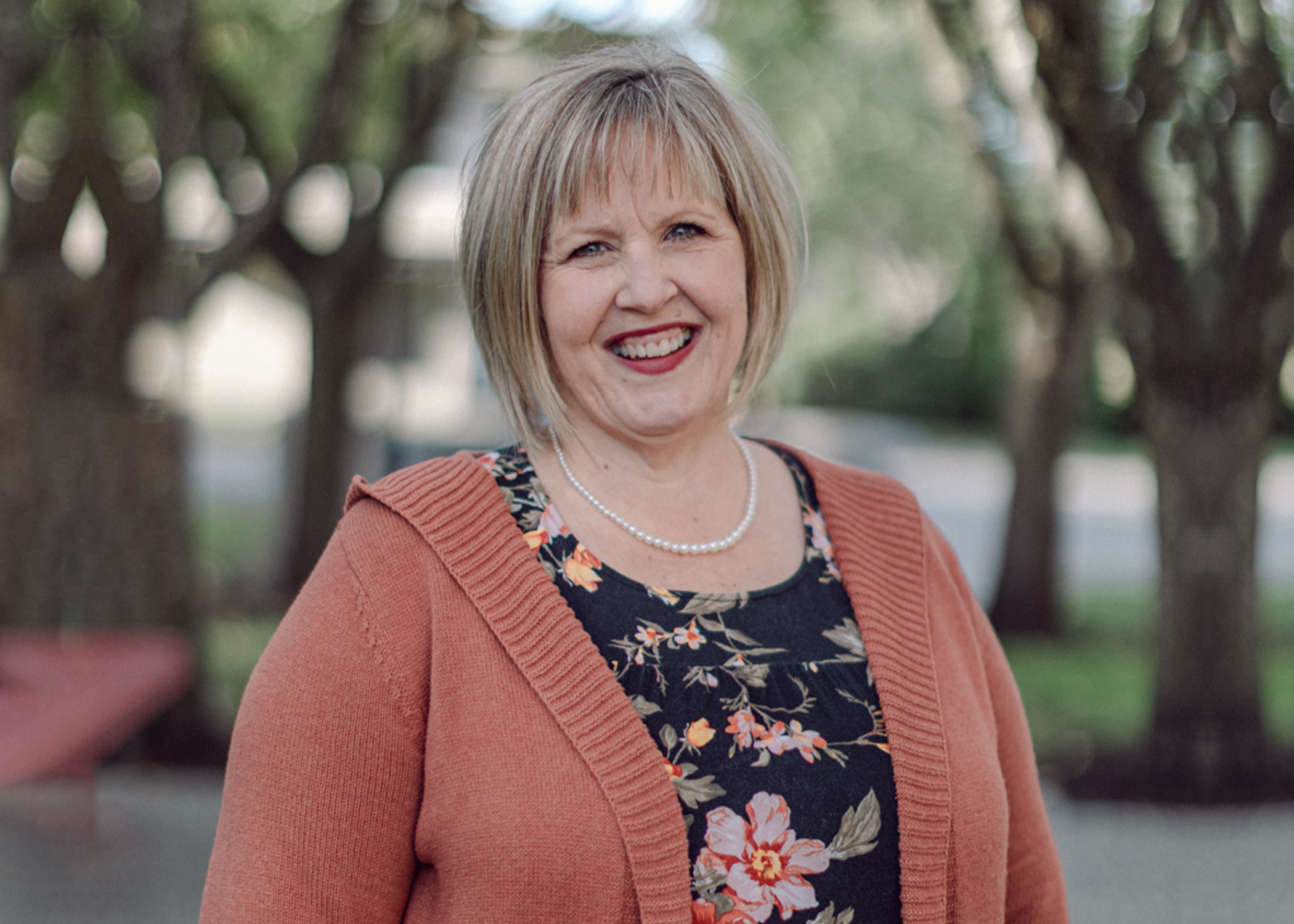How to Fund your College Education
—
It’s easy to feel overwhelmed at the thought of paying for post-secondary education. How much will it add up to? How will I pay for it? Is there financial aid I can access?
At Columbia, we have a person on staff whose job is entirely focused on helping you answer these questions.
Click the video above and you’ll meet Leslie, our super-friendly Financial Aid Advisor. She’s only an email, video call, or phone conversation away and she would LOVE to hear about your specific situation and help you make a plan for financing your Columbia education.
In the video, Leslie mentions one key tool and four main sources of funding that many students draw from. Scroll down to learn more and find the links to everything mentioned in the video.
Start with the Cost Calculator
A great first step is to try out our handy Cost Calculator. You can customize the calculator to fit your situation: will you live on campus or commute? Will you study part-time or full-time? The cost calculator will adjust!
SOURCES OF FUNDING
1) Summer job
As of June 1, 2020, minimum wage in BC has increased to $14.60/hour. This means your summer earnings have the potential to really add up!
If you’re not sure where to look for work, here are a few ideas:
- Start with your neighbourhood. Are there nearby restaurants, stores, or businesses who need summer help?
- Try the Columbia Student & Alumni Job Board, which lists organizations and churches who are looking for workers from the Columbia community.
- Other online job boards you can try:
o Summer Job Bank
o Indeed
COVID-19 & Summer Jobs
What if you can’t find a job or get enough work hours because of the COVID-19 pandemic?
Check out this post on how to apply for the Canada Emergency Student Benefit (CESB)
2) Student Loans & Grants
Applying for government student loans is a great option for two reasons. For one, your aid package may include a grant, which is free money that does not need to be repaid. Secondly, your loan is likely to have a low interest rate and you will not need to start repaying it until your full-time studies are complete.
You can learn the step-by-step process for applying for student loans on Columbia’s ‘Student Loans’ page:
Always remember that a student loan is a helpful tool, but it’s still a debt you will need to repay. You should use the funds wisely and try to supplement your income in other ways too.
3) Columbia Scholarships & Bursaries
Every year, generous partners donate funds to Columbia because they want students like you to have the opportunity to attend bible college.
Here are the categories of awards available, with the links that provide info and instructions:
- Entrance Scholarships
- New Student Scholarships & Bursaries
- Partner Grants (for example the Church Match Bursary)
4) Student Line of Credit
In some cases, students do not qualify for government student loans. If you’re in that situation, you may want to consider a student line of credit offered through your bank or credit union. You’ll need to make an appointment with a representative at your financial institution, and you may need a co-signor when you apply. Once it’s set up, a student line of credit (LOC) is flexible, easy to access, and easy to pay back.
5) Accessing an RESP
We should also mention that if your family has contributed to a Registered Education Savings Plan on your behalf, the Financial Aid team will help you with the steps you need to take to access the funds.
—
Adding these different sources of funding together typically brings a Columbia education within reach for students. If you’d like some guidance in putting together a plan to match your unique situation, remember that our Financial Aid Advisor is here to help!


